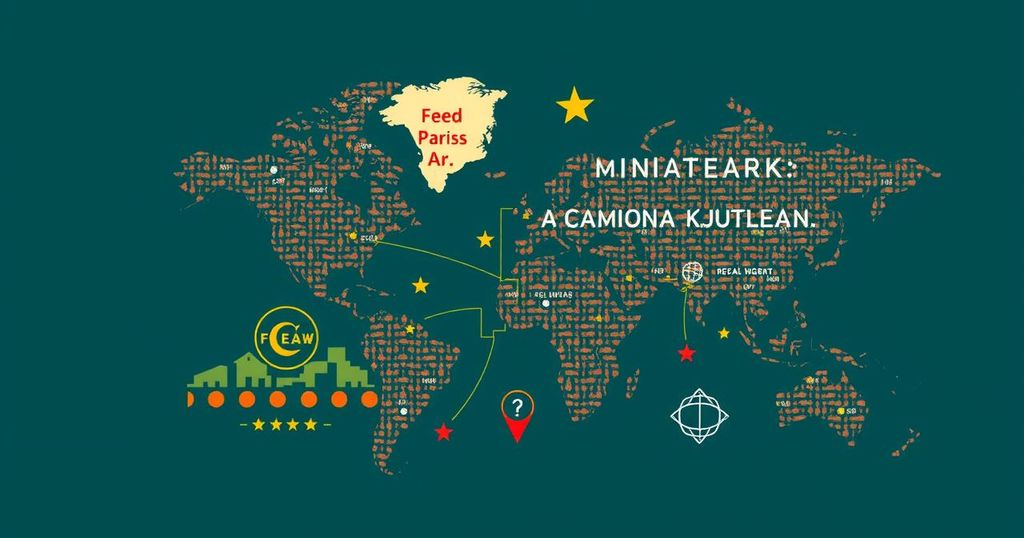The RJMEC chair, Amb. Maj. Gen. Charles Tai Gituai, revealed that lack of political will, trust deficits, and funding challenges are hindering the South Sudan peace agreement’s implementation. He urged the RTGoNU to demonstrate commitment by mobilizing resources for timely execution of essential tasks like elections and constitution-making, and called for increased women’s representation in governance as vital for lasting peace.
On October 31, 2024, during the 38th monthly meeting in Juba, Amb. Maj. Gen. Charles Tai Gituai, the chairperson of the Reconstituted Joint Monitoring and Evaluation Commission (RJMEC), underscored the significant obstacles impeding the full execution of the peace agreement in South Sudan. He identified persistent issues including a lack of political will, a trust deficit among parties, inadequate and uncertain funding, and notable capacity gaps. Amb. Gituai emphasized the urgent necessity for the Revitalized Transitional Government of National Unity (RTGoNU) to mobilize adequate resources, asserting that such actions would reflect genuine political commitment to the peace agreement. He urged the RTGoNU and the associated institutions to effectively coordinate their efforts during the extended Transitional Period by establishing comprehensive action plans, budget allocations, timelines for project delivery, and engaging proactively with other agreement bodies. Highlighting the importance of secure funding, he stated that progress in addressing unresolved tasks would signal to the populace that the parties are fulfilling their commitments and could foster timely international support. Amb. Gituai cautioned against the potential perpetuation of transitional cycles, stressing the importance of a sense of urgency and meticulous planning to ensure that critical pending tasks, such as the constitution-making process, elections, and military unification, are completed on time. Furthermore, he called for increased representation of women in both executive and legislative roles, advocating for their involvement in peacebuilding and political processes as essential to achieving lasting peace and security in South Sudan. He emphasized that reductions in women’s representation during appointments should be avoided, advocating instead for an increase beyond the minimum threshold of 35 percent.
The article discusses the challenges surrounding the implementation of the peace deal in South Sudan, highlighting key issues such as insufficient political commitment, funding uncertainties, and trust deficits among various parties involved in the peace process. Established during the continuing conflict in South Sudan, the Revitalized Transitional Government of National Unity (RTGoNU) is under scrutiny for its capacity to execute the terms of the agreement, which includes essential democratic processes like elections and constitution-making. The emphasis on women’s representation also reflects ongoing discussions about the importance of gender inclusivity in peace processes.
In summary, the recent remarks by Amb. Maj. Gen. Charles Tai Gituai illuminate critical barriers to the implementation of South Sudan’s peace agreement. The need for enhanced political will, effective coordination among government bodies, reliable funding, and increased participation of women is paramount. As the timeline for elections approaches, decisive action and commitment from all parties involved will be essential to break the cycle of stalled transitions and to lay the foundation for a sustainable peace in South Sudan.
Original Source: sudantribune.com






